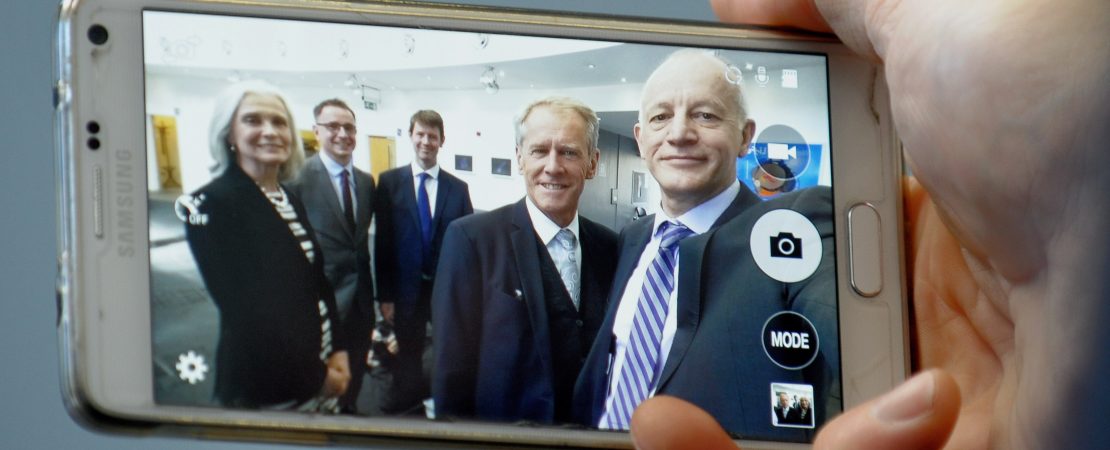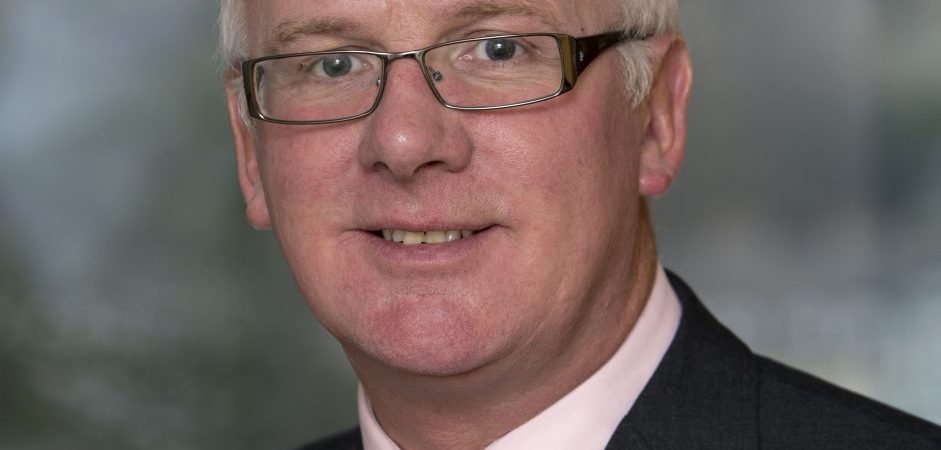Laura White, Communications Manager at the Innovation SuperNetwork, asks this question to John Hildreth, Business Growth and Investment Manager at Arch, Northumberland’s development company and member of the network.
Q. From market towns and industrial estates to far-flung farming communities and seaside spots, you work with businesses in a wide range of settings in Northumberland. Does location affect innovation?
Innovation knows no bounds. Not least the difference between the urban and rural economies. Government figures back up my personal experience as someone who works with rural businesses in Northumberland on a daily basis – these days location have little effect on levels of innovation.
There has also been a blurring of the lines between the types of industries investing in innovation in rural areas. A glance at the leading companies shaping Northumberland reveals names and sectors some might find surprising in a rural area.
Healthcare & life sciences, advanced engineering, renewable energy and even subsea & offshore are among the sectors thriving in the area, with Northumberland today being called home by businesses that have located from countries around the world.
Q. Does this mean a move away from traditional rural industries such as tourism and agriculture? Are our rural areas are becoming less distinct from our urban counterparts?
Not in Northumberland. Agricultural activities and tourism, particularly in areas such as Kielder, coastal locations and North Northumberland, still form the building blocks of the economy. But these emerging new sectors are helping the area to diversify.
Q. So why here? Why are countless innovative companies such as Piramal, Aesica, The Specials Labs and MSD, choosing to put down roots in Northumberland?
The answer is simple – it’s easier to innovate here than ever before. Of course improvements can always still be made, but many of the challenges associated with doing business in rural areas can now be overcome and opportunities can be properly harnessed:
• Connectivity. Poor internet connection used to pose a major challenge to businesses in Northumberland but services have radically changed. In fact the iNorthumberland scheme aims to bring superfast broadband to 95% of the county by the end of 2017
• Skills acquisition. Today there is a much better spread of skills across the county. Diversification in business sectors has brought new skills and expertise to the area
• Flexible working practices. Improved connectivity means employees can work remotely while remaining connected to their global customer base
• Business support. Specific support is targeted at rural businesses, for example the North East Rural Growth Network, delivered by Arch, is designed to support small rural businesses with capital investment projects. In 2015, the Rural Growth Network secured £6 million capital investment from the North East LEP.
• Quality of life. Northumberland’s lifestyle offer has always been a big draw and when you couple its coast, castles and rolling hills with the offer of a good job and connectivity, companies here can attract – and retain – world-leading talent.
Q. Given all of that, it is no surprise then to see innovative companies investing to increase their innovation capacity. Can you give us a few success stories from across the area?
We’ve lots to choose from but here are three examples of businesses we’ve supported recently to achieve their growth plans.
1. Arcinova is a leading global provider of research and development services to the pharmaceutical industry. The company has recently worked with the Arch Business team to secure rural growth funding in order to increase its capabilities by developing its Alnwick facility. The £60,000 grant will help to develop an additional revenue stream to complement their existing capabilities. The project includes the construction of a 20L API (Active Pharmaceutical Ingredient) manufacturing plant, a suite of new drug development services and the creation of at least 30 high-quality jobs over the next few years.
The funding has helped the company to accelerate its strategy for growth as it seeks to provide world-beating technology services in contract research, development and small scale manufacturing from one site. This move will help its UK and international customers progress their projects through the drug development process efficiently and with minimum risk, which is a key consideration when innovating in the pharmaceutical sector.
2. Northumberland’s track-record in innovating in the rural economy also extends to other rural areas including Berwick-upon-Tweed where Maden Eco Ltd, a specialist in a range of renewable technologies and their different applications; is innovating in areas such as solar panel and biomass boiler installation, production of eco-friendly wood fuel, and the construction of eco-friendly homes.
3. Alongside this, Innovision Global, based near Ashington, develops products for pedestrian accessibility and safety. The product range encompasses tactile surfaces for the partially sighted, anti-slip step nosings and wayfinding systems. These products are based on a unique polymer which, when combined with a catalyst, forms an amazingly strong molecular bond with all existing floor surfaces.
Q. Can you tell us a little more about how Arch is helping to encourage innovation in rural areas?
Recognising the importance of innovation in the rural economy, Business Northumberland has embedded the theme as a key pillar across its programme of activity. Our aim is to level the playing field to ensure Northumberland based companies have the opportunities and the capability to achieve whatever they want, wherever they want to do it.
Click here to explore grant incentives in a rural location and to keep up to date with the latest funding calls.
About the author
John and the Arch team have a county-wide remit to attract investment, deliver development and implement regeneration. The Arch Business service includes tailored packages of support for businesses locating in Northumberland as well as a dedicated service to help local businesses realise their growth potential. These services include Business Northumberland a fully funded business support programme, part funded by the European Regional Development Fund (ERDF), aimed at helping businesses understand their growth aspirations and achieve them
About the Innovation SuperNetwork
The Innovation SuperNetwork is a unique network supporting innovation and business growth across the North East of England. Its programme is developed with around 50 partner organisations and is supported by Innovate UK, the North East LEP, Northumbrian Water Group and the North East BIC, with part funding from the European Regional Development Fund. The Innovation SuperNetwork delivers inspiring events including VentureFest North East and FinanceCamp, helps businesses explore new opportunities through projects such as Innovation Challenge and supports collaboration by creating links between sectors and bodies of expertise.







